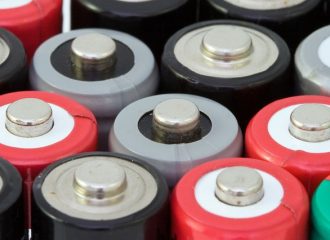 At about the same time as the ACCC achieved substantial penalties in the financial services attempted cartel conduct case, the European Commission fined Sony, Panasonic and Sanyo €66 million for cartel conduct in relation to rechargeable batteries.
At about the same time as the ACCC achieved substantial penalties in the financial services attempted cartel conduct case, the European Commission fined Sony, Panasonic and Sanyo €66 million for cartel conduct in relation to rechargeable batteries.
During the period of the cartel, the companies agreed on temporary price increases based on fluctuations in the price of raw materials. They also exchanged sensitive information including:
- supply and demand forecasts,
- price forecasts and
- competitive bids to manufacturers of battery-powered products.
The conduct took place both within Europe and in Asia.
Samsung was not fined as it revealed the existence of the cartel to the Commission. All companies acknowledged their involvement in the cartel and agreed to settle the case, meaning that Sony, Panasonic and Sanyo also received penalty reductions.
2016 also saw substantial Australian fines for Colgate and Woolworths in relation to cartel conduct for ultra-concentrated laundry detergent, with Unilever having received immunity. This was preceded by a 2011 European case in which Procter & Gamble and Unilever were fined €315.2 million in relation to a cartel for household laundry detergent. Both received a fine reduction for co-operation and Henkel received immunity for revealing the cartel.
Both the ACCC and the EC, along with more than 50 competition regulators worldwide, have policies of granting immunity or leniency to the first cartel member to approach the regulator. There are substantial criticisms of the leniency approach, including that it is used as a strategic opportunity by cartel participants to enforce cartel arrangements and game the system. With outcomes like those in the recent cases, though, leniency will clearly remain a significant tool for regulators.
